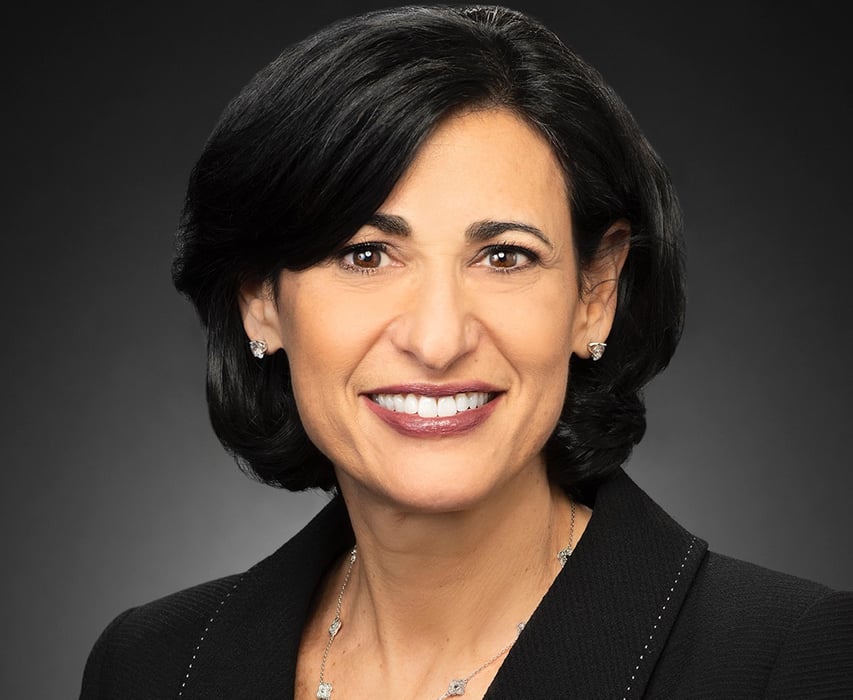CDC Director Says Agency Needs Major Overhaul

WEDNESDAY, Aug. 17, 2022 (HealthDay News) -- The U.S. Centers for Disease Control and Prevention failed to respond quickly enough during the COVID-19 pandemic and needs a major overhaul, Director Rochelle Walensky, M.D., said Wednesday. With her rebuke, she sketched out a plan to prioritize action on public health needs, The New York Times reported.
"For 75 years, CDC and public health have been preparing for COVID-19, and in our big moment, our performance did not reliably meet expectations," Walensky said. "My goal is a new, public health, action-oriented culture at CDC that emphasizes accountability, collaboration, communication, and timeliness."
Walensky ordered an external review of the agency in April amid widespread criticism of its pandemic response. Its public messages on masking and other COVID-19 measures were often confusing or abruptly modified, The Times noted, making them seem more like rough drafts than carefully considered official positions. A briefing document provided by the agency called the guidance "confusing and overwhelming."
In a meeting with senior staff, Walensky described plans to prioritize public health needs, including on continuing outbreaks, and to deemphasize publication of scientific papers about rare diseases. Walensky said she would ask staff to "produce data for action" as opposed to "data for publication." And, she said, she wants guidance to be issued in "plain language, easy to understand."
James Macrae -- who has held senior positions at the U.S. Department of Health and Human Services, which oversees the CDC -- led the review. The Times said he interviewed more than 100 people inside and outside the agency. Among concerns turned up in the review: Some data were released too slowly to influence public health recommendations, such as whether to recommend more booster shots. COVID-19 team leaders were also rotated out after a few months, leaving other senior federal health officials unsure who was in charge.
In a video for the agency's more than 11,000 employees, Walensky described a broad brush plan for reform. Changes include appointing Mary K. Wakefield, a former Obama administration health official, to lead the agency's shift to a stronger focus on public health. Two scientific divisions will now report directly to Walensky's office, The Times reported. And urgent studies will have shorter review times.
The team that responds to public health emergencies will grow, Walensky said, and officials will be required to stay in those jobs for at least six months. A new executive team will set priorities for the agency's $12 billion annual budget "with a bias toward public health impact," according to the briefing document provided by the agency.
Related Posts
Flu Vaccine Offers Moderate Protection From Stroke
WEDNESDAY, Sept. 7, 2022 (HealthDay News) -- Influenza vaccination seems to have...
Black Patients 42% More Likely to Die After High-Risk Surgery Than White Patients
MONDAY, Oct. 16, 2023 (HealthDay News) -- High-risk surgeries are more deadly...
GERD Increases Risk for Idiopathic Pulmonary Fibrosis
MONDAY, May 8, 2023 (HealthDay News) -- Gastroesophageal reflux disease (GERD)...
Breath Analysis Shows Promise for COVID-19 Detection
TUESDAY, Feb. 28, 2023 (HealthDay News) -- Breath analysis seems promising for...
